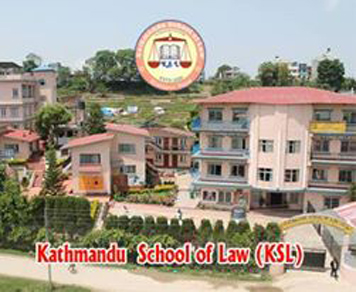Case Stories
Mediation Led to Favorable Reception of Inter-religion Marriage
August 08, 2017
Salim Ansari(Name Changed) aged 22, is a permanent resident of Haraiya, Bara. Brought up in a middle class family, he is driver by occupation. He fell in love with a 20 years old girl Sarita Chaudhary (Name Changed) of the same place. By religion, he is Muslim whereas the girl is Hindu. When Salim proposed Sarita, she accepted it. After 2 years, they decided to get married. Both of them then tried to convince their family for their marriage. However, both of their parents rejected inter-religion marriage. They persistently attempted to convince their parents but in vain. So, Salim and Sarita secretly left for India so that they could start their conjugal life without any interference. They lived in India for about 6 months.
Back in the village, their parents started to quarrel with each other and even their villagers stated that they at any cost would not accept the couple’s inter-religion marriage. Muslim community also issued statement that they would prohibit this newly married couple to enter into village and would discard them from their religion. With the disputes ongoing over the marriage, community people started to fear the higher degree of violence could trigger and escalate between the Hindu and Muslim community.
When Salim and Sarita got informed of the situation resulted in due to their marriage, they informed it, over telephone, to the Coordinator of Haraiya CMC established in the place supported by HUCODAN. The CMC Coordinator suggested them to return to the village and register an applicatio in CMC. They then returned with the help of CMC members. At first, both the families of the couple were invited to CMC for Mediation. The first party took a stand that the couple’s marriages be sanctioned by the muslim community however the latter kept on insisting separate the couple invalidating their marriage.
After rounds of facilitation sessions, parties agreed that Salim and Aarati would live in their village without any obstruction.
Once the agreement was reached, Haraiya CMC has been regularly following up their current status. The follow ups have found that communities in both sides of religions have acknowledged their marriage ensuring an conducive conjugal life for the couple as well as an amicable environment for the families of the couple. Also, the couple is found living in a very cordial relationship.
Although, generally, inter-religious marriage is legal in Nepal, Madhesi community shuns such relations outright. However, due to their efforts and also to their regular follow up and concerns, acceptance was possible. Mediators engaged in this dispute expressed pride on this that an inter-religious marriage was received well in their case.



